Category: Health Equity
Community Health Workers: Advancing Equity in Diabetes Care
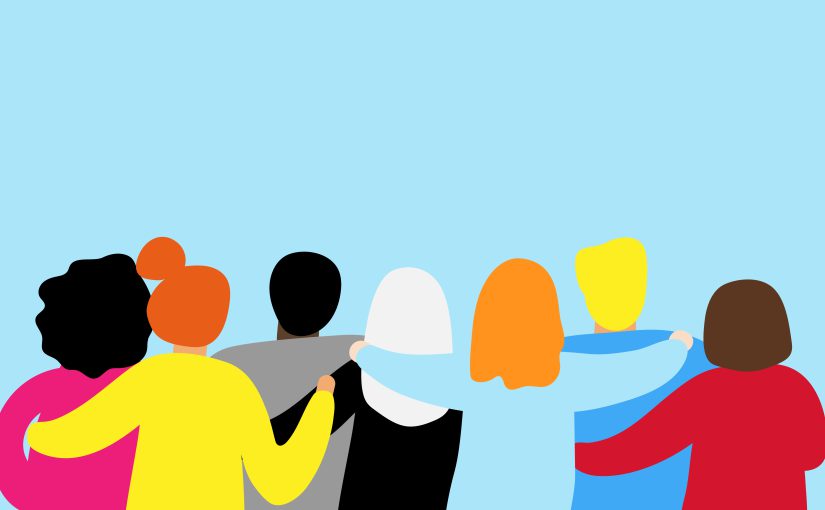
From standing shoulder-to-shoulder in poorly ventilated spaces to performing back-breaking labor, working at a poultry farm during the COVID-19 pandemic was a physically and emotionally taxing job. Often these difficult jobs are done by people who struggle to find employment, such as those with undocumented status or who live in communities with limited resources. In Read More >
Posted on by 2 CommentsHow the Social Vulnerability Index (SVI) Provides Insights into Vaccination Coverage Inequities
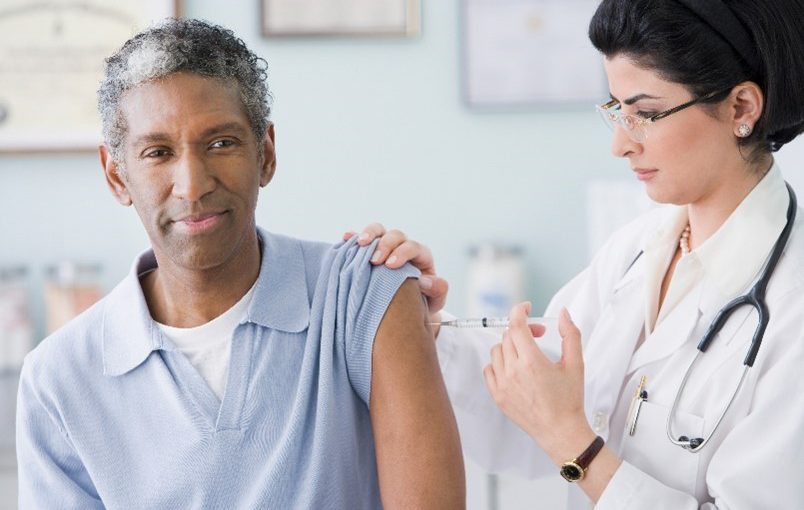
Vaccines are one of the greatest advancements in public health in the United States, and integral in keeping community safe from certain diseases. Since the start of the COVID-19 pandemic, people in racial and ethnic minoritized groups have experienced challenges accessing and accepting vaccinations. Existing research measures the success of vaccination programs by focusing largely Read More >
Posted on by 2 CommentsLearning through the Lived Experience: Recognizing the Anniversary of the Americans with Disabilities Act
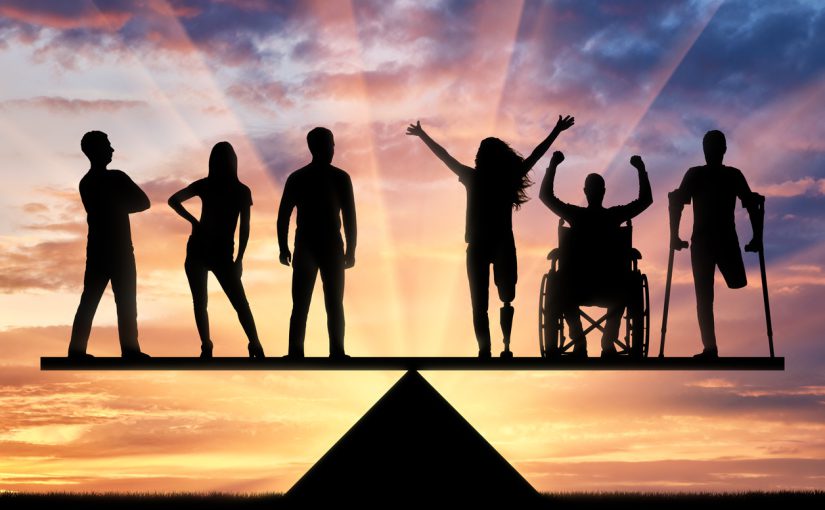
Part of recognizing the Americans with Disabilities Act (ADA) and assessing the progress that has been made since it was enacted is to listen and learn from the varied lived experiences among people with disabilities. People with disabilities are the true experts and can share important insights about feasibility, relevance, and benefits for public health Read More >
Posted on by 6 CommentsAn Arc Towards Greater Inclusion and Sense of Belonging
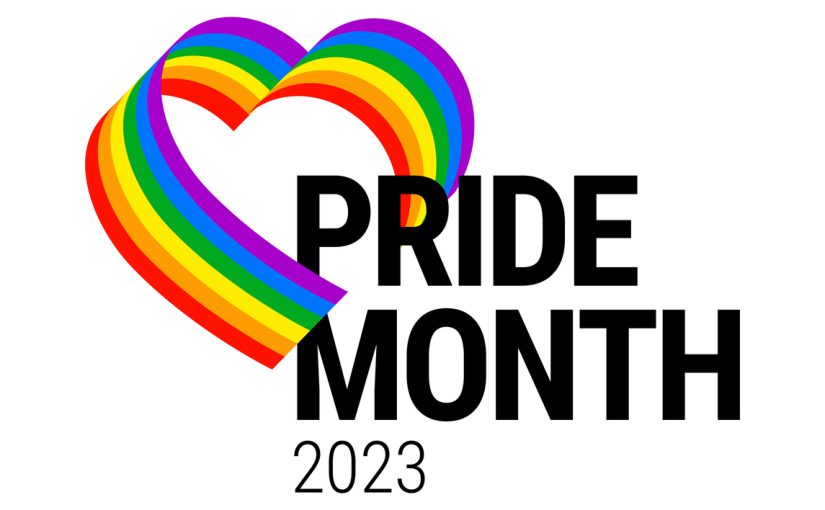
As this year’s Lesbian, Gay, Bisexual, Transgender, Queer, and Intersex (LGBTQI+) Pride Month comes to a close, I can’t help but reflect on my experience as a federal employee who is part of the LGBTQI+ community and the public health scientific and practice accomplishments that CDC LGBTQI+ employees have attained. Prior to accepting a position Read More >
Posted on by 3 CommentsHealth Justice As a Tool to Fight Existing and Future Pandemics

The impact of the COVID-19 pandemic exposed the nation’s glaring health disparities, highlighting how the communities hit the hardest by the pandemic already had long suffered the impact of structural inequities. From the Syphilis Study at Tuskegee to the disproportionate impact of the HIV/AIDS crisis on members of the LGBTQ+ community, the history of discrimination Read More >
Posted on by Leave a commentNational Minority Health Month: Better Health Through Better Understanding

When I was in dental school, my classmates and I learned to practice dentistry in a big clinic arranged in cubicles. A shared countertop separated back-to-back cubicles. Above the counter hung a set of cabinets. This afforded some privacy with our patients but not much. During one of our early days in the clinic, after Read More >
Posted on by 2 CommentsA Black History Moment: HBCUs and Their Influence on CDC’s Health Equity Journey

Fisk University. Morehouse College. Tuskegee University. Howard University. At first glance, this may appear to be a list of a few of the nation’s distinguished Historically Black Colleges and Universities (HBCUs). While that’s true, together they also tell a story about the strength, connection, legacy, and importance of HBCUs as part of CDC’s quest Read More >
Posted on by 2 CommentsCommunity is Key to Success of Vaccination Outreach Held at LGBTQ+ and Pride Events
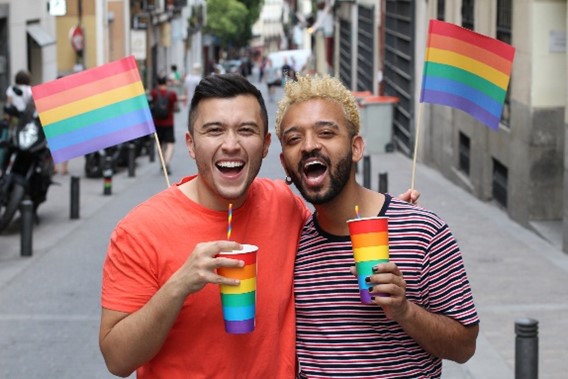
Since August 2022, CDC has worked with communities to provide monkeypox vaccines to the public through innovative channels, including LGBTQ+ events. In planning for these events, CDC worked closely with state and local health departments to vaccinate everyone who wished to be vaccinated before and during each LGBTQ+ event, including impromptu vaccination clinics at bars Read More >
Posted on by 2 CommentsIn His Own Words: Gendered Racism through the Lens of a Black Man
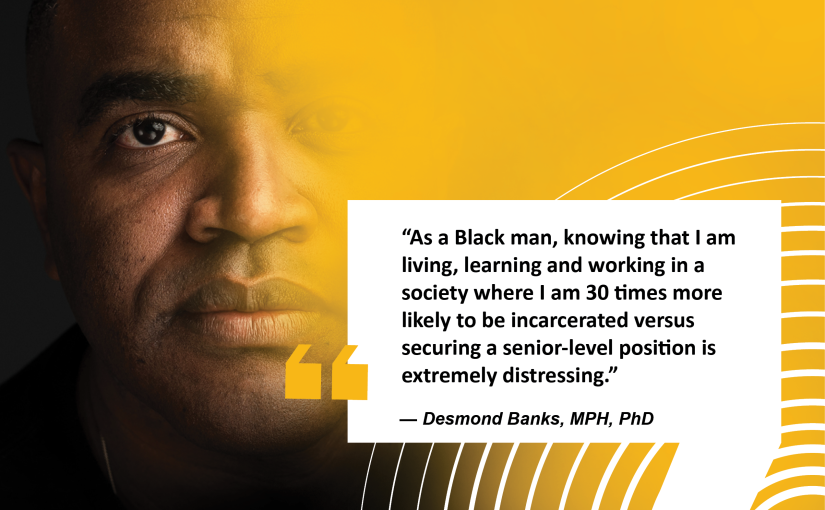
What is gendered racism? As a social epidemiologist drawing upon the literature, I would define gendered racism as a system—consisting of structures, policies, practices, and norms—that assigns value and determines opportunity based on a person’s gender and race. I would explain that gendered racism produces amplified experiences that are different from experiences of racism or Read More >
Posted on by 9 CommentsGendered Racism Among Women of Color
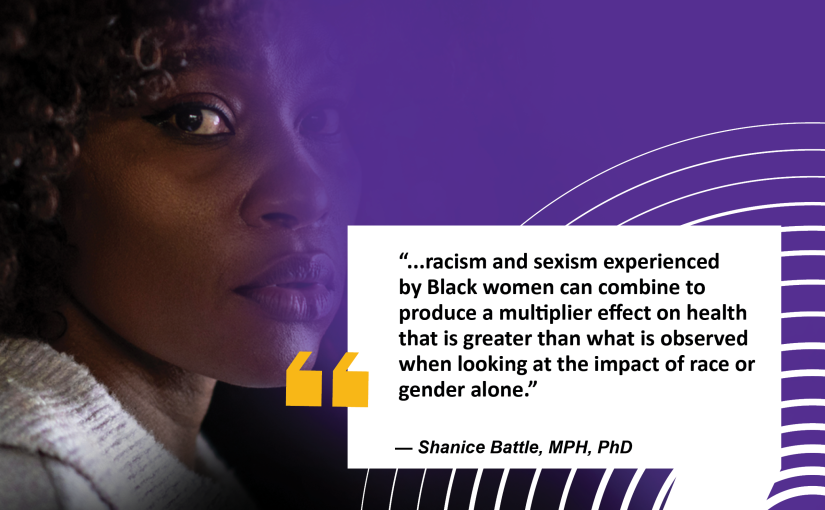
What is gendered racism? When thinking of “–isms,” or systems of oppression, many often think of single constructs that operate independently like ingredients in a salad. Examples include how racism impacts individuals based on their race alone or how sexism impacts individuals related to their sex or gender – such as wage gaps between men Read More >
Posted on by 2 Comments

